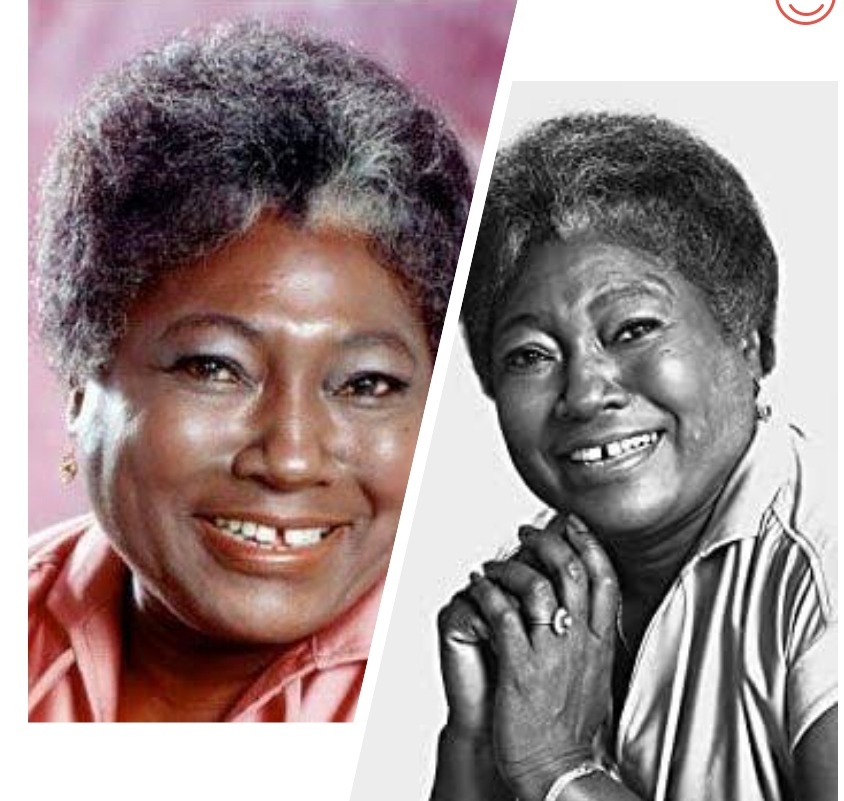Television icon reverenced as a matriarch of black television moms, actress, singer, dancer Esther Rolle undeniably left an indelible legacy for generations. Best known for her brilliant portrayal of Florida Evans on the 1970s sitcoms Maude (1972) and Good Times (1974) and reputed for her spirited personality which translated on screen, Esther Rolle endeared herself to sitcom lovers and the black community.
Born in Pompano Beach, FL, the 10th of 18 children to Caribbean farming immigrants, Rolle delved into the acting world immediately after high school, traveling to New York City, where she began to earn stage roles.
A graduate of Yale University, pioneering African-American actress Esther Rolle who used her platform to fight against racial sterotypes was known for her strong-willed personality off and on screen. She landed her first important work during the 60s with the Negro Ensemble Company, featuring in their productions including Happy Ending and Day of Absence. She continued building her reputation, featuring in theater plays such as “The Blacks,” “Blues for Mister Charlie,” “The Amen Corner,” “A Raisin in the Sun” and “A Member of the Wedding.” Luck shone brightly when Esther later caught attention of TV producer Norman Lear while performing on stage who cast her as the spirited Florida Evans in CBS’ Maude in 1972, one of her most iconic roles ever, for two seasons (1972–1974). Her portrayal of Florida was very warmly received and in 1974, she became the star of her its spin-off series Good Times, for five seasons (1974–77, 1978–79), for which Rolle was nominated for a Golden Globe Award for Best Actress – Television Series Musical or Comedy in 1976. In 1979, Rolle accepted the Emmy Award for Outstanding Supporting Actress in a Limited Series or Special for the television film Summer of My German Soldier.
Rolle received further acclaim for her work in Maya Angelou’s I Know Why the Caged Bird Sings (1979) and for her film work in Driving Miss Daisy (1989) and Rosewood (1997).
Applaudably, she made history as the first woman to receive the NAACP Chairman’s Civil Rights Leadership Award for helping raise the image of blacks.
Rolle was a member of Asadata Dafora’s dance troupe, Shogolo Oloba (later renamed the Federal Theater African Dance Troupe). She became the troupe’s director in 1960.
Down with diabetes, 1990s saw Esther’s health decline, toward the end of her life she was on kidney dialysis. She died nine days after her 78th birthday on November 17, 1998. When she died, she reportedly left an estate valued in excess of $1.7 million, including $200,000 in cash, a $400,000 home, &1,072,000 in treasuries to name a few. Esther Rolle was divorced and had no children.
A true indelible Black Queen! Gone but not forgotten



